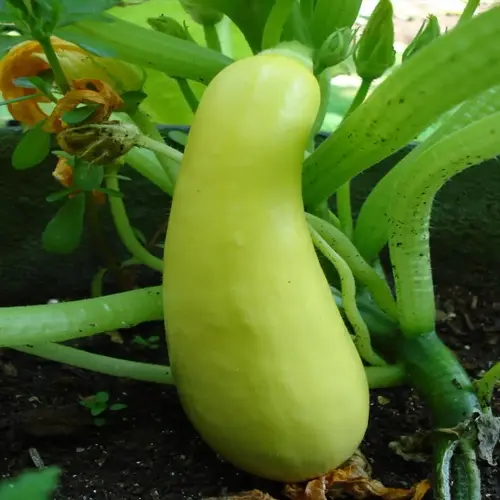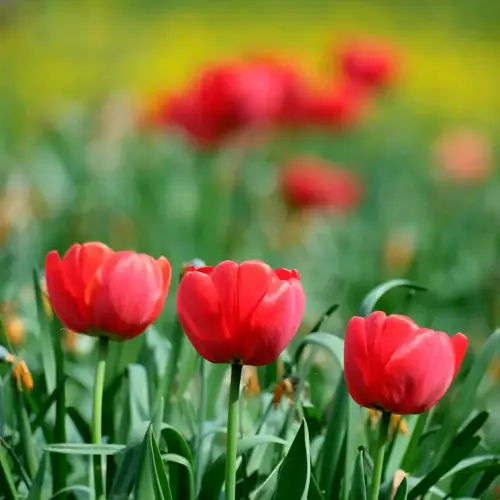How do I know when to plant bulbs?

Written by
Michael Sullivan
Reviewed by
Prof. Samuel Fitzgerald, Ph.D.Understanding when to plant bulbs begins with their bloom seasons and soil requirements. Spring bulbs, such as tulips, should be planted in the fall, while summer bloomers, like dahlias, should be planted in the spring. I lost my first gladiolus because I didn't notice this important timing difference. The very temperature of the soil is what secures your success, not the date on the calendar.
Seasonal Timing
- Spring bloomers plant when soil cools to 45-55°F in fall
- Summer bloomers need spring planting after frost danger passes
- Fall bloomers like colchicum plant in midsummer heat
- Measure soil at 6 inch depth for accuracy
Critical Preparations
- Test drainage: Bulbs rot in soggy soil within days
- Amend clay soils with grit for better root development
- Chill tulip/daffodil bulbs 12 weeks in zones 8-10
- Pre-warm dahlia beds with black plastic for 10 days
Utilize a thermometer with a digital probe to monitor soil temperatures. Place the probe at bulb depth for accurate readings. My gardening journal records soil temperatures for lilies, and below 50°F, their success rate diminishes. The Upper hemisphere Zones plant approximately 2 weeks ahead of the southern hemisphere Zones. At the same time, coastal gardens enjoy bonus days of planting in the fall.
Do not make the frequent errors of planting shallowly in dense soils. Squirrels will take lush tulips if planted less than six inches deep. Improve drainage in clay soils by adding sand. Mark locations with stakes for summer interruptions. These key actions set you up for survival, and the odds will be in your favor for good bulbs.
Mix the frost date with the specific needs of the bulb. Check NOAA for surprise cold snaps. Southern zones require light mulch, while northern gardens require much more protection. I use frost cloth to protect my dahlias until nights stay above 50°F.
Read the full article: When to Plant Flowers: Month-by-Month Guide

